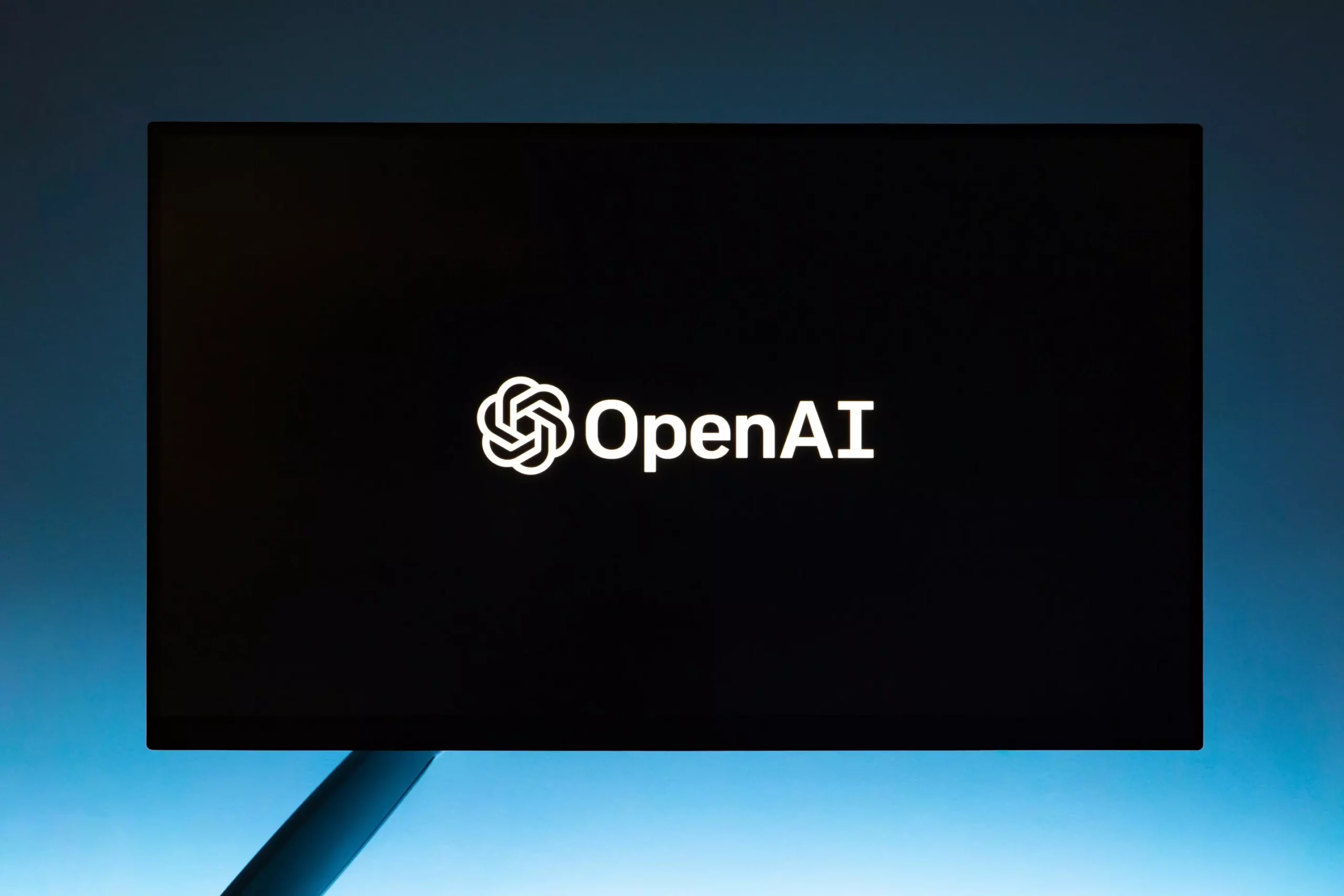OpenAI, founded with a mission to create safe and beneficial artificial intelligence, is exploring significant changes in its organizational structure. Chief Executive Officer Sam Altman may soon gain a 7% equity stake in the company, a tremendous shift for both him and the enterprise, signaling a transition toward a more profit-driven model. This move comes amid discussions to transform OpenAI into a public benefit corporation, aiming to balance profitability with societal responsibilities. While the details of these changes are still under negotiation, the implications for the organization and its leadership could be substantial.
Historically, OpenAI has operated as a nonprofit research entity, built on the premise that its innovations should serve humanity. Altman, at the forefront, previously abstained from ownership, maintaining that the organization was intended to benefit society as a whole. Nevertheless, as the company’s valuation skyrockets—projected at a staggering $150 billion—those foundational ideals are increasingly challenged by the realities of finance and investment.
The potential restructuring at OpenAI occurs against a backdrop of notable executive departures, including the recent announcement from Chief Technology Officer Mira Murati, who plans to leave the organization. Her exit is part of a larger trend, as several high-ranking officials have stepped away since the turbulent events of the past year, which included Altman’s controversial firing and subsequent rehiring. This ongoing turnover raises questions about the company’s stability and its future direction.
Murati’s departure surprised many within the organization. Her leadership significantly shaped key projects, such as the development of ChatGPT and other AI tools. The sudden news prompted shockwaves through OpenAI’s internal communications, demonstrating the emotional investment of its employees and the potential disarray in management. Despite Altman’s reassurances that the executive exits are unrelated to the restructuring, the broader context of instability cannot be ignored.
Financial Implications of Restructuring
As OpenAI seeks to solidify its financial foundation, the anticipated equity stake for Altman could catalyze major financial implications for him personally. If the discussions about giving Altman equity come to fruition, it could elevate his estimated net worth significantly, possibly positioning him among the wealthiest individuals globally. The prospect of a $10 billion increase in personal wealth underscores a pivotal transformation for the company’s leadership dynamics and investor confidence.
The transition to becoming a for-profit entity is also about more than just revenue—it’s about aligning incentives. Investors have long favored the notion of founders maintaining ownership stakes, as it aligns personal success with the success of the company. This change in policy could serve to motivate leadership and staff alike to work toward shared financial goals.
Amid discussions of equity and restructuring, the core mission of OpenAI remains paramount: to develop safe AI technologies that serve humanity positively. Altman has continually emphasized this commitment, asserting that the nonprofit nature of OpenAI will persist even as the organization shifts its operational model. The tension between maintaining these altruistic goals and the pressures of commercial success is likely to be a central challenge moving forward.
Further complicating matters is the legacy of ongoing critiques surrounding AI ethics and transparency. Events like Murati’s comments about the use of external video content for AI training will continue to haunt OpenAI, impacting stakeholder trust. Any restructuring efforts must carefully address these critical issues, reaffirming their dedication to ethical practices and open communication.
As OpenAI stands at this crossroads, the decisions made in the coming months will undoubtedly shape its trajectory for years to come. Altman’s potential equity stake, coupled with the restructuring debates, signal a transformative phase in its history. The organization must balance the need for financial sustainability with its foundational mission of benefiting humanity.
Employee morale and stability will be key considerations as OpenAI navigates these changes. With the loss of several influential leaders, Altman and his remaining team must foster an environment conducive to innovation and collaboration, ensuring that the organization remains a leader in the competitive landscape of artificial intelligence.
OpenAI’s evolution reflects broader trends in the tech industry—a move toward blending profit with purpose. As they embark on this journey, the organization’s commitment to its mission and the cohesion of its leadership will be crucial in overcoming the challenges ahead and realizing its vision for a better future through AI.


Leave a Reply